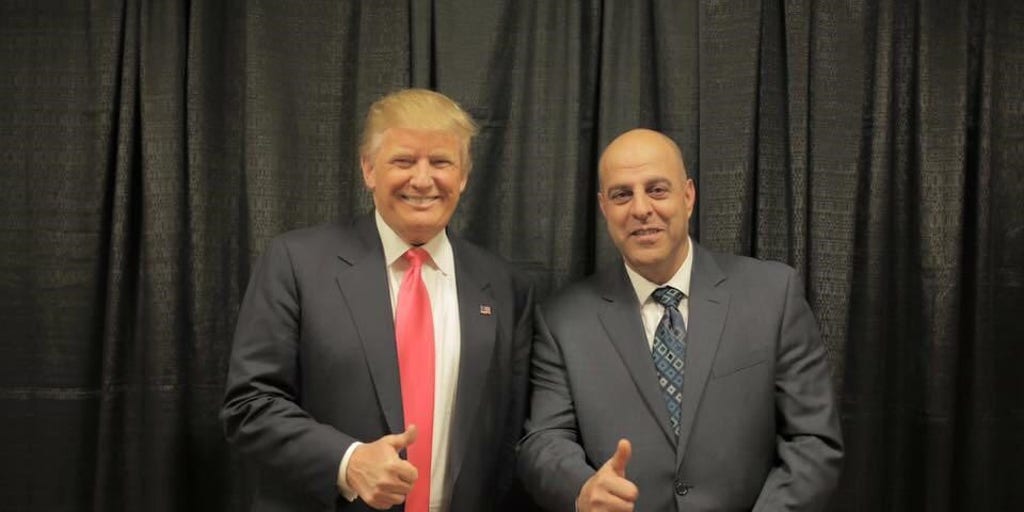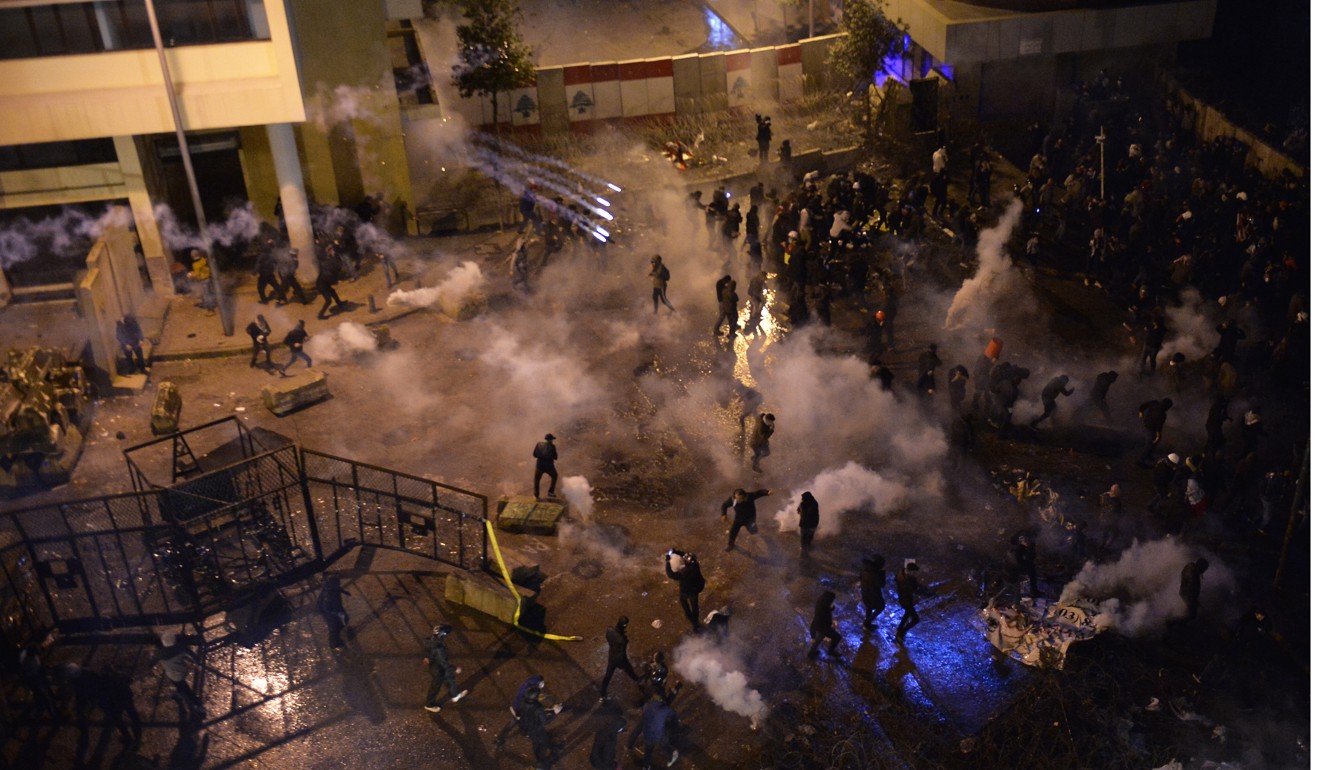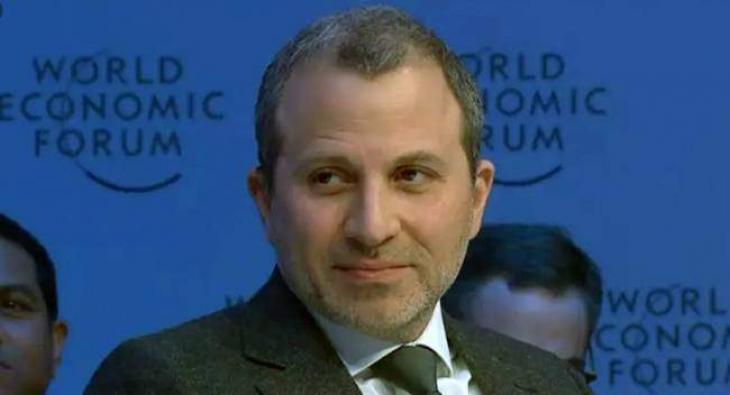|
Khazen History
Historical Feature: Churches and Monasteries of the Khazen family St. Anthony of Padua Church in Ballouneh
Population Movements to Keserwan - The Khazens and The Maans ما جاء عن الثورة في المقاطعة الكسروانية ثورة أهالي كسروان على المشايخ الخوازنة وأسبابها
Growing diversity: the Khazin sheiks and the clergy in the first decades of the 18th century Historical Members:
|
||||||||||||||||
Copyright © 2001-2017 De Khazen
![Bassil enjoys unwavering support from his Christian base, who see him as a shrewd hard worker and a protector of their rights [Tamas Kovacs/MTI via AP]](https://www.aljazeera.com/mritems/imagecache/mbdxxlarge/mritems/Images/2020/1/25/f71f2eec8e334f17ab09fab163794705_18.jpg)






.jpg)




